Rod Paterson, who has died at his home near Dunkeld aged 70, was an influential figure on the Scottish traditional music scene.
He was in the vanguard of the folk revival in the 1970s – a talented guitarist with an unforgettable voice, whose interpretation of the songs of Robert Burns was unparalleled.
A contemporary and great pal of legends such as the late Michael Marra, Rod was influenced by musicians such as Rab Noakes and John Renbourn and performed in a number of bands over the years, as well as in stage productions.
He was also a respected tutor of Scots song at the Royal Conservatoire of Scotland.
And tributes have poured in from former students – many of who have gone on to achieve great things – as well as from fans and his many friends.
Rod’s partner Catriona said she had been comforted by the messages and memories that people have been sharing.
And she said Rod would have been overwhelmed by the praise.
“He was very self-effacing,” she said.
“A gentle, modest man.”
Calcutta-born, Dundee-bred
Rod grew up in Dundee and lived in Perthshire for many years. But he was born in Calcutta – “a jute baby”.
His mother Mary sailed out from Dundee to marry William Paterson, who was working in the jute industry there. And Rod wrote a song called India many years later celebrating the links between the two jute capitals.
Jute was not his only tie to the fabric of Dundee. His great-uncle Ernest Robertson was a former chairman of Dundee United – Rod’s football team – and owner of the famous Robertson’s lemonade factory in Dundee.
The family returned to Scotland, settling at Birkhill, in Angus, and Rod and brother Renwick continued their education.
Rod went to Muirhead Primary School, then the High School of Dundee.
It was around this time he also started learning to play the guitar.
His great pal Michael Marra – “the bard of Lochee” – used to rib him about their contrasting schools, calling him “Lord Snooty” after the Beano character.
This was typical of the pair’s friendship.
“There was always great banter between the two of them,” said Catriona.
“And they loved playing around with words. When Michael was in the house it was just full of the sound of them belly laughing for hours.”
‘The finest Scots singer of our generation’
Rod went on to Edinburgh University, where he studied philosophy, although his real education was opening up elsewhere.
“He spent most of his time in Sandy Bell’s,” laughed Catriona.
The Edinburgh session pub was at the heart of Scotland’s folk music scene in the 1960s and 70s – and Rod threw himself into it with gusto.
It was there he met legends like Hamish Henderson. He was also influenced by the Irish folk bands of the time, such as Planxty, and a great admirer of the Scottish Traveller and folk singer Jeannie Robertson.
By the time he gained his degree, his future course was set. And it was not in philosophy.
Rod was already working as a professional musician, playing guitar and fine-tuning his remarkable singing voice. This would be his career, and he would excel at it.
Long-time friend Billy Kay worked with him on many projects.
He said Rod was “the finest Scots singer of our generation”.
“His was a voice that had the purity of the classic Scots tenors and the clarity of Scots diction inherited by the great traveller tradition bearers like Jeannie Robertson,” said Billy.
“I once said that I would be happy appearing before an audience and reading extracts from the Telephone Directory as long as I knew that Rod would come in in every five minutes with one of his songs,” he added.
“That would be enough to take the audience with us.”
Star of stage and an inspiration to many
Rod played in a number of groups, including Chorda, Jock Tamson’s Bairns, The Easy Club, who merged folk with more of a jazz/swing style, and Bring In the Spirit with whom he made his final recording earlier this year.
He also performed in landmark Scottish stage shows, such as Communicado’s production of Jock Tamson’s Bairns at the Tramway in Glasgow and The Ship and The Big Picnic at the Harland and Wolff shipyard.
A 2022 review of Pilgrimer – a Scottish re-interpretation of Joni Mitchell’s Hejira album – is a favourite of Catriona’s, describing his style as “Dean Martin meets The Dandy”.
Rod also taught at the Royal Conservatoire of Scotland for many years, inspiring many of the current generation of traditional musicians.
Writing on Instagram, former student Iona Fyfe described him as “an absolute legend of a man and font of knowledge”.
“Rod generously and unreservedly shared with me so many wonderful songs, anecdotes and stories,” she said.
“His passion was infectious.
“If it wasn’t for Rod’s grandfatherly guidance, unwavering support and songs, I’d have dropped out of my music degree in the first six months.
“We’ve lost one of our best.”
A peaceful end to a wonderful life
Rod and partner Catriona met in the student union in Edinburgh 1975 and were friends for many years, even sharing a flat before they got together.
They built their own home near Dunkeld in the 1990s and filled it with music and friendship.
He loved gardening and played his part in the musical life of Highland Perthshire.
Rod died peacefully at home at the end of May with Catriona by his side.
“We were determined to keep him at home,” she said.
“We have a big garden – it’s quite wild and Rod loved to work on it.
“In the final weeks of his life he was able to lie in his bed and look out into the garden.”
Rod is also survived by his brother Renwick, his niece Corri and nephew Renwick.
His funeral will be held on June 21 at Perth Crematorium at 11.30am.
And in true Rod style, the only traditional thing will be the music as friends gather to celebrate a wonderful life.
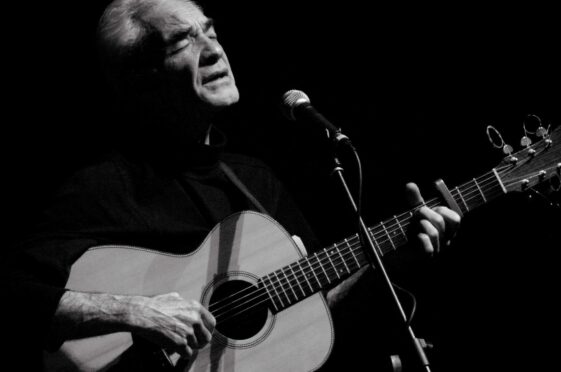
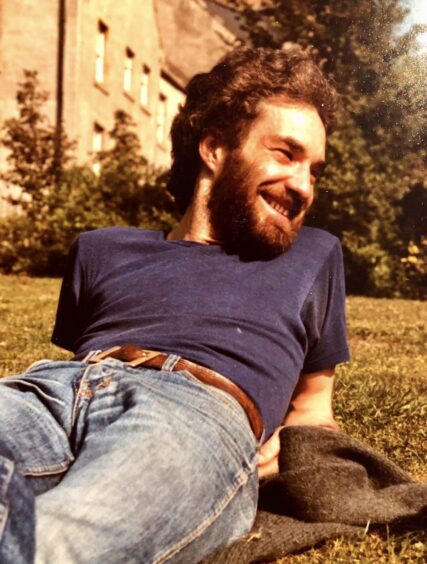
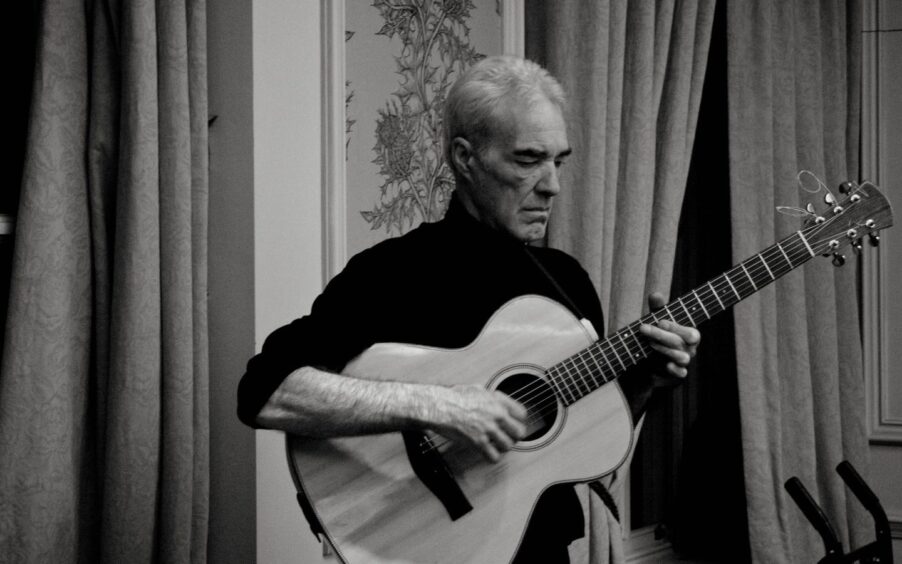
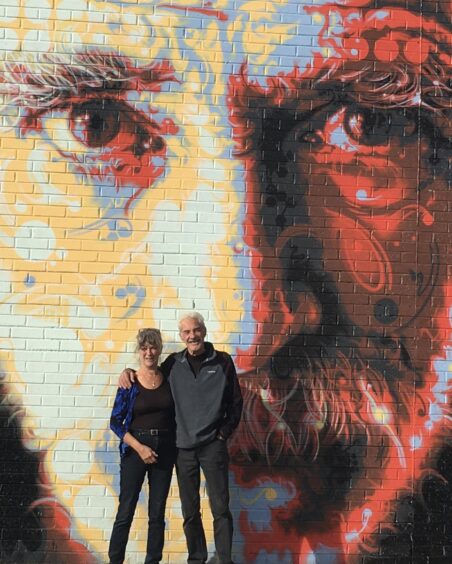
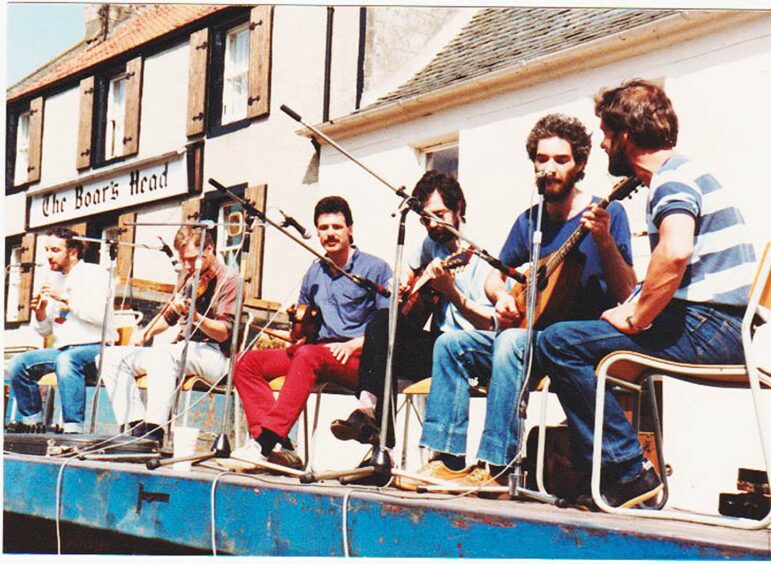
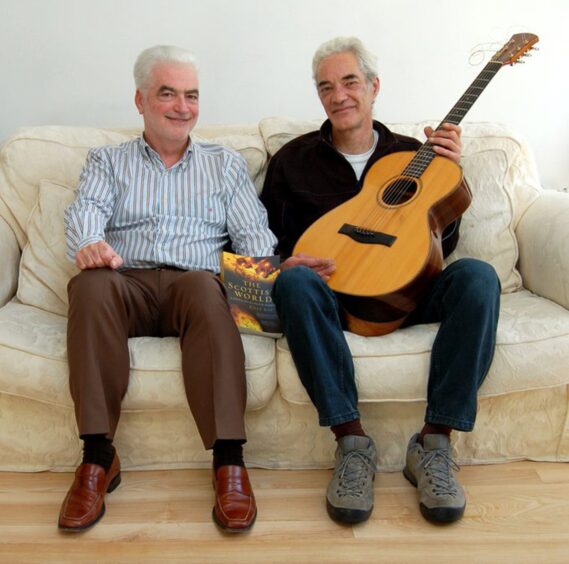
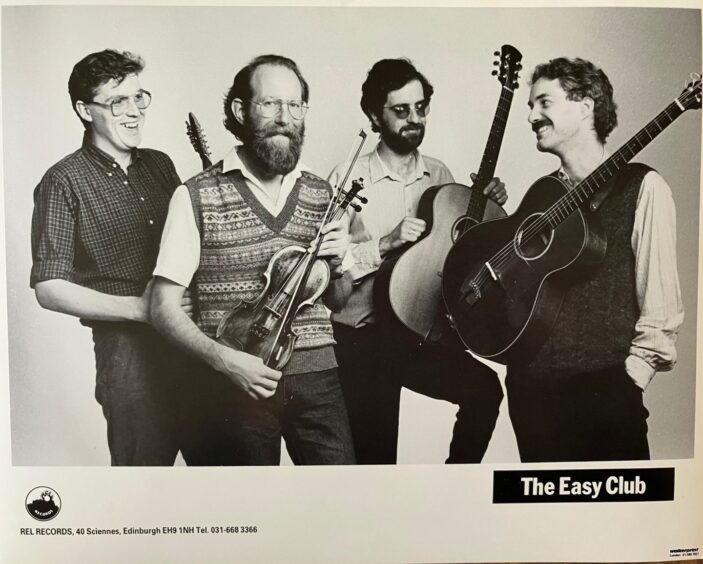
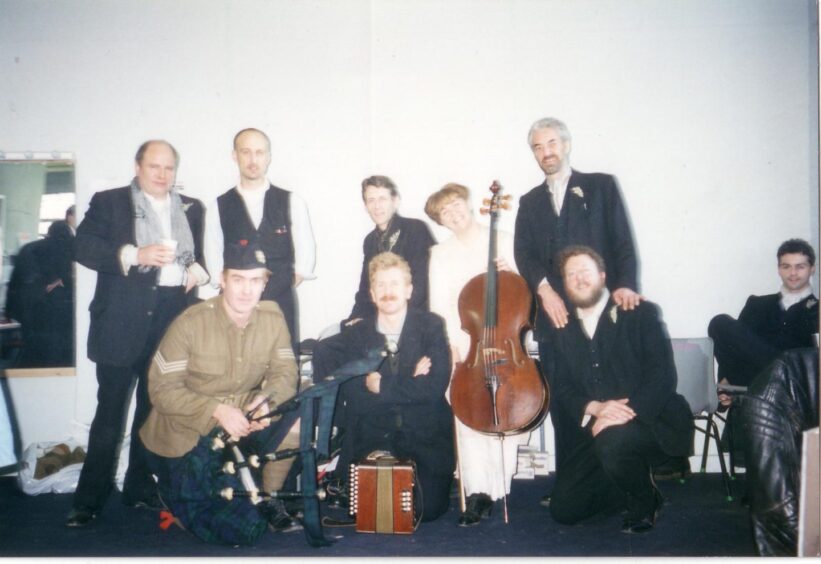

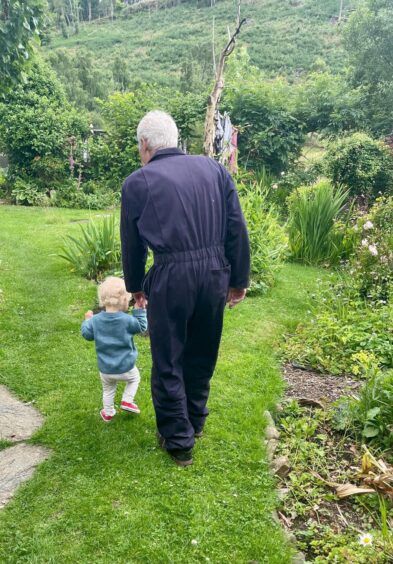
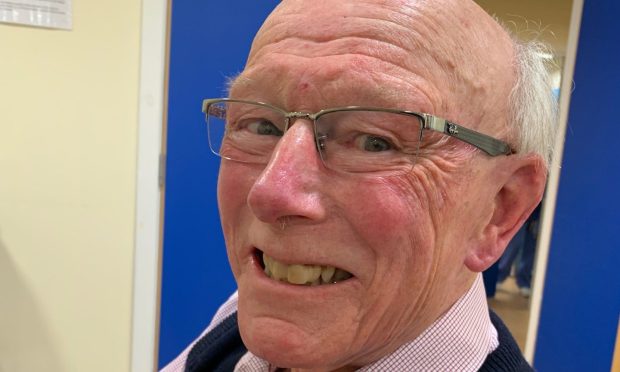
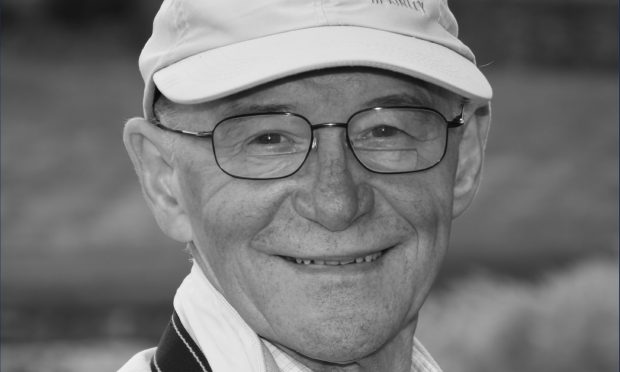
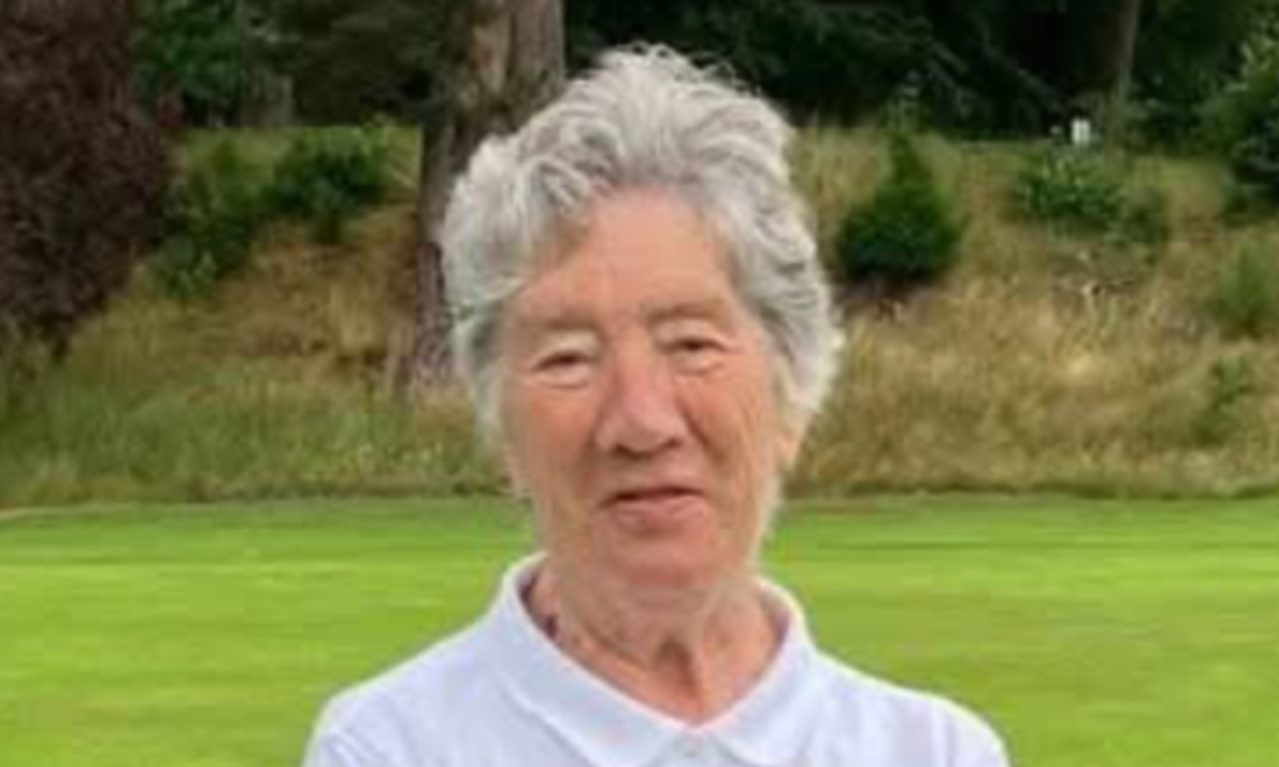
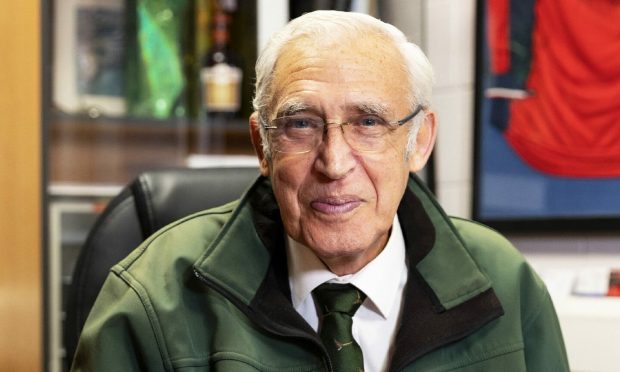
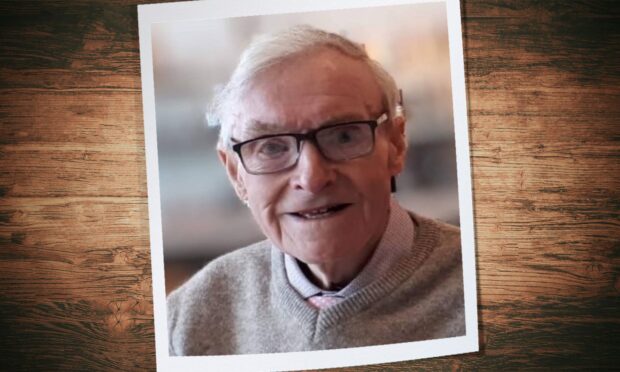
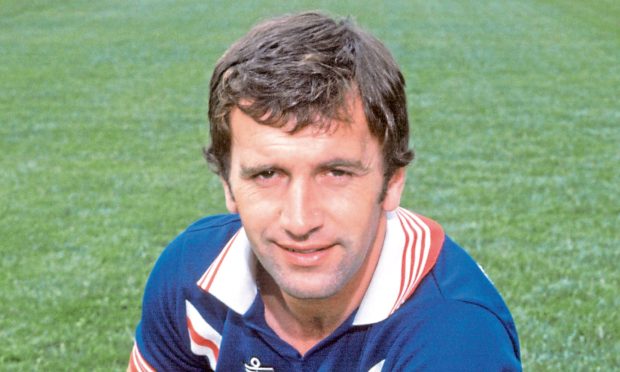
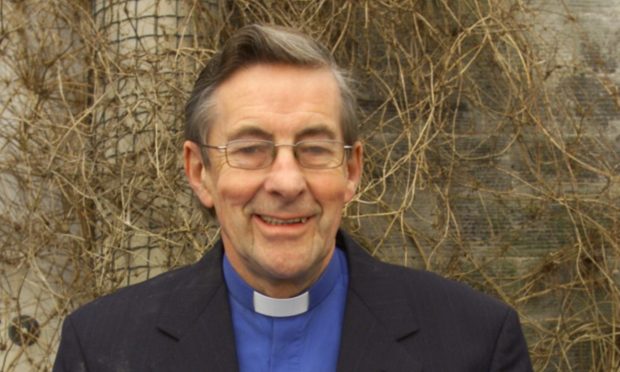
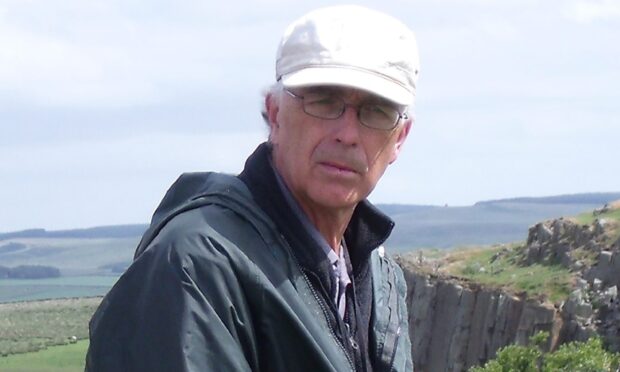
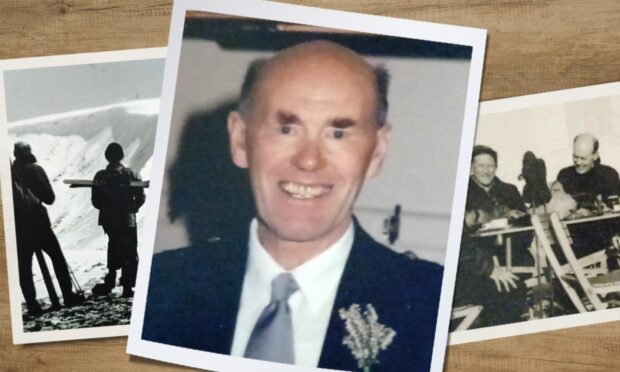
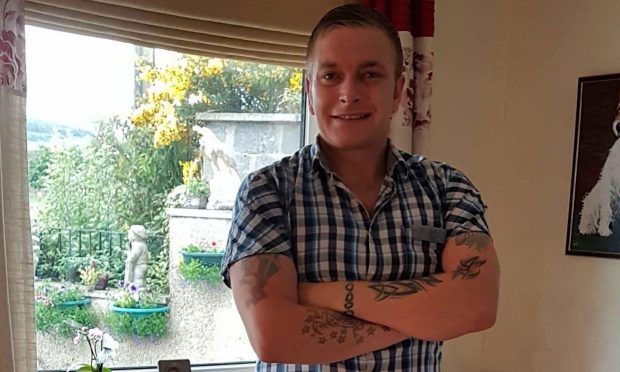
Conversation